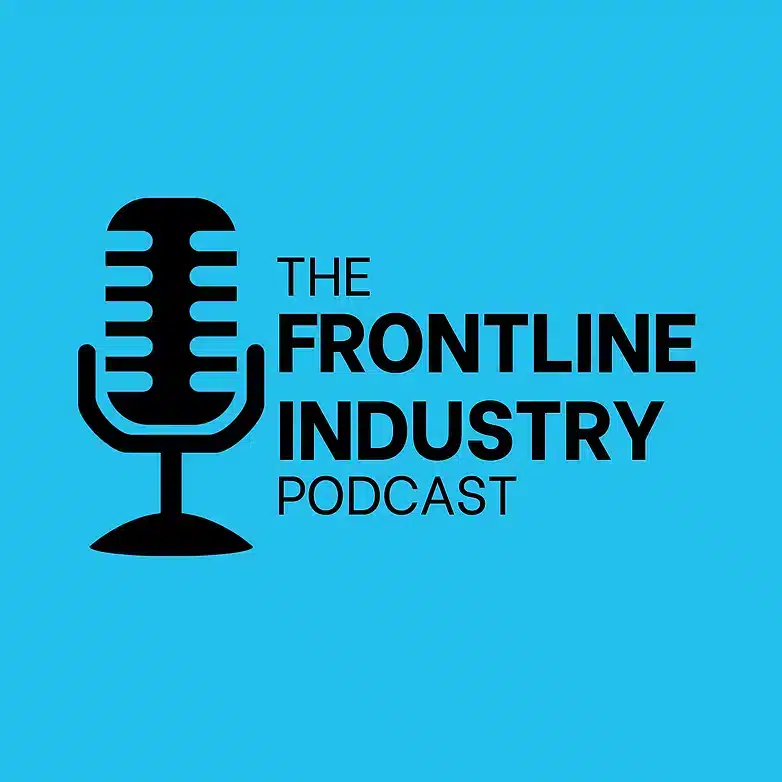“The War for Talent.” We hear it all the time. “The Great Resignation.” Similar phrases and ideas are everywhere. The world has changed. The way we do business has changed. The demands of employees have changed. But one thing remains constant.
People haven’t changed.
I have been highly influenced by great psychology professionals having been a psychology major years ago in college but also having read many a great book about the subject over time. At one point earlier in life I considered pursuing my PhD in Psychology because I find the internal motivations of people and the ways those are externalized very interesting.
Maslow’s hierarchy of needs (originating in 1943) is a motivational theory in psychology consisting of a five-tier model of human needs. Over time, Maslow’s five-stage model expanded to include up to eight tiers, including cognitive and aesthetic needs as well as transcendent needs in 1970. Generally, needs lower down in the hierarchy must be satisfied before individuals can attend to needs higher up. This is depicted below:

How does this have anything to do with the “War for Talent?”
Hear me out.
What are each of these needs? Let me try to keep this brief.
Stay with me. It’s worth it.
Physiological needs are as basic as they get. They are biological requirements for our survival, like air, food, clothes, sleep, etc. We need these or we die pretty quick. Okay, easy enough to understand. Moving on.
Safety needs are slightly less basic, but still extremely basic in the scheme of things. We need security, order, predictability, and control in life. Examples include hospitals, emergency professionals, and schools. But here we begin to see the relevance to The War for Talent start peeking through Maslow’s theory.
We also need financial security through employment, freedom from fear, social stability, property, and overall wellbeing (like safety against injury). One of the basic needs we are fulfilling in our lives when we have a job is the need for financial stability, which is admittedly a challenge to fully realize in frontline worker’s compensation structures. That is not an indictment to any employer, but just a reality that must be understood to grasp the needs of our people that they bring to work each day.
Love and belonging needs are social. This need is similarly central to the conversation regarding The War for Talent, as our employees have a need for overall belongingness within the bounds of relationships, feeling connected with those around us and part of a group. From this point on it should be patently obvious why understanding and addressing this need and all subsequent needs below are critical when attempting to Win the War for Talent.
Esteem needs include the need for self-worth, feeling accomplished, and feeling respected. This can be broken into two categories of equal importance: 1) The esteem for oneself (achievement, mastery, independence, overall dignity), and 2) the desire for reputation or respect from others (feelings of status or prestige). Frontline workers must have constant opportunities to have this need addressed, and yet opportunities for frontline worker to feel status, prestige, and overall dignity and achievement are few and far between in most work environments.
Cognitive needs encapsulate our intrinsic desires for knowledge and understanding, the ability to explore, learn, and seek meaning. The key here is that our frontline teams need development, clear career progression opportunities, and active, consistent coaching and leadership. Yet this need tends to go unmet.
Aesthetic needs are the need to search for, find, and appreciate beauty, order, and balance. In the muck and challenge of frontline worker life, it is often the case that beauty in any form can be limited, but the opportunity to provide worker experiences that create beauty around them are critical (e.g, a clean environment, new equipment, workspaces that are orderly and aesthetically pleasing in their design, etc.).
Self-actualization needs refer to the way we all desire to truly realize our potential, be self-fulfilled, grow and reach the peak of our abilities. The Army recruiting slogan, “Be all that you can be”, rings loudly here. While the ways that this need is demonstrated between individuals may vary (e.g., economic fulfillment, academic fulfillment, athletic fulfillment, etc.), there is no question that at work our frontline workers want to truly become their best selves, achieve great things, be recognized and rewarded, master their craft, and win at a daily basis. But too few organizations have meaningful systems in place to help their teams achieve this core human need, and lose their talent to other companies as their employees job hop seeking this fulfillment that they may not have even mentally understood, yet innately seek.
Transcendent needs are the highest form of need. This is a need wherein a person is motivated by values which transcend their personal selves.
These may include mystical experiences, certain experiences with nature, religious faith, and the like. But here’s the kicker: transcendent needs also include service to others. At a core level, we all find extreme value (perhaps even the highest value) in serving other people. And nobody is more equipped in a healthy environment to serve the needs of others than those in a frontline service capacity. But often frontline work feels thankless, meaningless, and ignored. We have an opportunity in the highest degree (as transcendent needs are at the very top of the pyramid) to create fulfilling, meaningful, purposeful work for our frontline workers.
Addressing and meeting the needs of our people seems like perhaps a very tall order. How do we get started? If this is all true (and it is), our frontline workers have an incredible, painful deficit regarding many fundamental, human needs that they bring with them to work each day. But ignoring them isn’t an option, either.
As leaders we must rise up and meet those needs. Now.
Pay raises and signing bonuses will do little to keep our people fulfilled as the motivating power of those are limited and wane quickly over time. They are also unsustainable as we cannot keep raising wages indefinitely.
A yearly employee engagement survey won’t do the trick to help people’s voices be heard and find meaning; it’s not nearly enough, and it’s not personal.
What we are doing isn’t working. But the good news is that this is a problem with a known solution.
We just need the transformative tools and daily behaviors, structures, and routines as leaders to engage with our people the right way to meet their needs and then step back and watch them transform our business.
Make no mistake, our frontline workers are the key to our success or failure. We can Win the War for Talent by creating vibrant, high performance teams within our organizations. Virtually every core need that humans have (and that we’ve discussed now at length) can be met in the daily execution of world-class huddles, embedded with the right content, activity, recognition, and reward that your people crave. It’s not just the best way to operationalize your company mission and objectives, but it’s the best way to meet the needs of your people each day.
And when you consistently win each day, you win each week, each month, and each year. And rather quickly, over a relatively short period of time, you create the winning culture that enables you to Win the War for Talent.
Get started today by reaching out to Unisyn to embed world-class huddles within your organization to put your best team everywhere and reap the immediate, transformative benefits within weeks. It’s not just great for your business, it’s what your people need.



